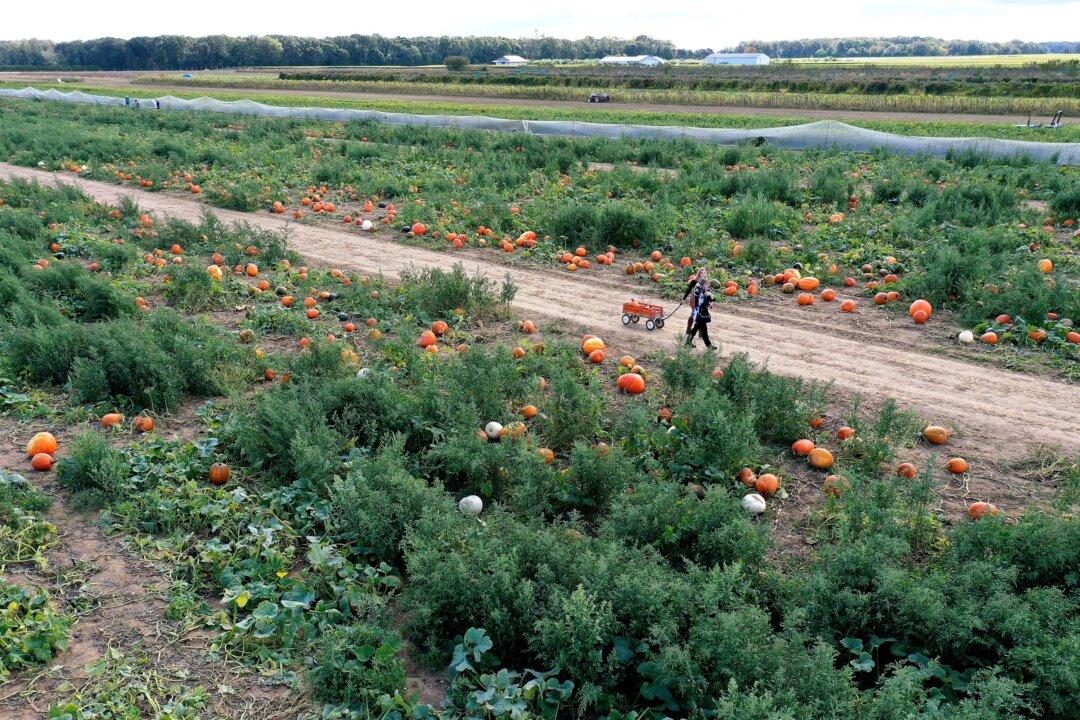President Joe Biden has proposed amending the inheritance tax, also known as the “death tax,” but farmers around the country are raising concerns about the plan.
In the American Families Plan introduced earlier this year, Biden proposed repealing the “step-up in basis” in tax law. The stepped-up basis is a tax provision that allows an heir to report the value of an asset at the time of inheriting it, essentially not paying gains taxes on how much the assets increased in value during the lifetime of the deceased. This allows heirs to avoid gains taxes altogether if they sell the inheritance immediately.





